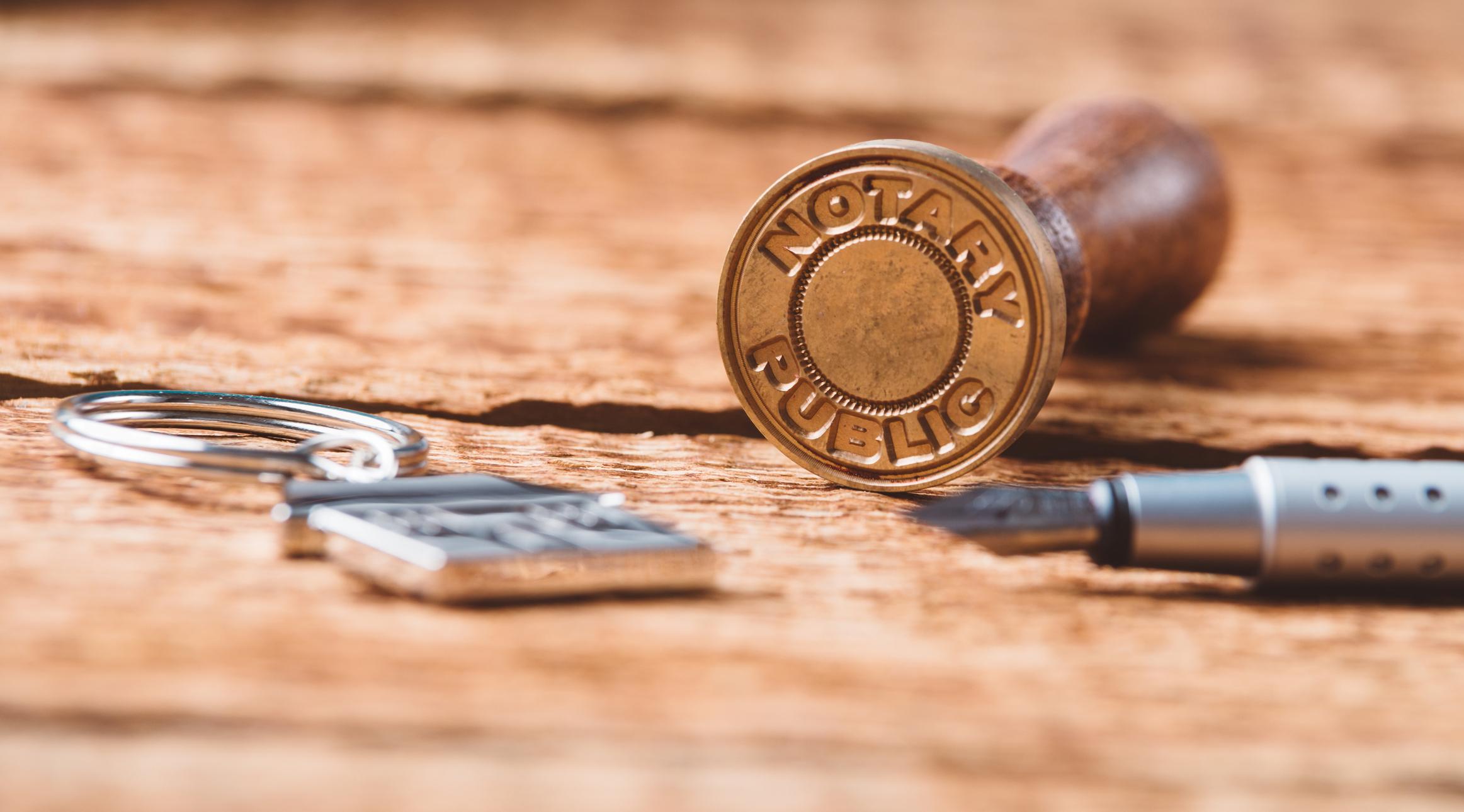Experienced Conveyancer: Browsing Home Transfers with Knowledge
Experienced Conveyancer: Browsing Home Transfers with Knowledge
Blog Article
Debunking Notarial Work: Streamlining the Function and Significance of Notaries
In the intricate internet of lawful documents and confirmation, notaries stand as columns of assurance and authenticity. Their role, often shrouded in mystery for many, carries substantial weight in making certain the credibility and integrity of important files. As guardians of legality and reality, notaries play an essential component in our society, yet their work is not constantly completely understood. By untangling the intricacies surrounding notarial methods and losing light on the significance of their acts, a clearer understanding emerges of the essential function notaries play in supporting the textile of legal and lawful contracts.
The Background of Notarial Work
How did notarial work develop gradually to end up being an indispensable component of legal and organization purchases? The background of notarial work dates back to ancient people, where scribes played a crucial duty in recording essential info and verifying files. As societies advanced, the need for a much more formalized system to make certain the credibility of agreements developed. This brought about the development of notaries, individuals selected by the state to work as neutral witnesses in lawful matters.
Throughout the Center Ages, notaries gained prestige in Europe, with their features expanding to consist of composing lawful papers, accrediting trademarks, and preserving documents. The rise of global trade better stressed the relevance of notarial operate in verifying agreements and contracts throughout boundaries.
In the modern age, notaries remain to play a crucial role in lawful and organization transactions by confirming identities, verifying the credibility of records, and protecting against fraud. Their function in licensing the legitimacy of agreements adds a layer of security and depend the ever-evolving landscape of business and legislation.

Obligations and Responsibilities of Notaries
Notaries play an important duty in validating the authenticity of records and the identification of signatures. One of their main responsibilities is to witness the finalizing of important documents, such as actions, wills, and contracts, to make sure that all events are getting in into agreements purposefully and willingly.
Furthermore, notaries are entrusted with carrying out oaths and affirmations, which are important in legal procedures and the execution of testimonies. They accredit copies of original files, giving guarantee to organizations that the copies hold true replicas of the originals. Notaries should preserve exact documents of all deals they look after to ensure transparency and liability. On the whole, the duties and responsibilities of notaries are vital in protecting the honesty and legitimacy of different documents and purchases.
Notarial Certificates and Signatures
Exemplifying precise interest to information, notarial certifications and trademarks offer as vital parts in validating the authenticity of lawful files. Notarial certificates normally contain vital info such as the date of notarization, the names of the signatories, a summary of the paper, and the notary's main seal. These certificates give a clear record of the notarial act, ensuring that the paper can be easily identified and mapped back to the notary who oversaw the process.
Trademarks play a critical role in notarial job, as they indicate the contract and this content authorization of the celebrations involved. Notaries carefully witness the signing of files to validate the identity of the signatures and verify that they are signing of their own cost-free will. By fastening their official seal and trademark to the file, notaries accredit that the essential procedures have been followed which the paper is legitimate and enforceable.
Basically, notarial certificates and trademarks are the trademark of authenticity in legal transactions, offering guarantee to all celebrations included that the documents are legit and binding.
Value of Notarial Acts

Notarization Process Clarified
Clarifying the registration procedure offers quality on the vital actions associated with validating legal documents. The registration process usually begins with the private offering the file to a notary public. The notary then confirms the signer's identity through acceptable recognition methods. When the identity is validated, the notary guarantees that the specific signing the file does so willingly and with no browbeating.

Verdict
Notarial certifications generally consist of vital details such as the day of registration, the names of the signatories, a summary of the file, and the notary's main seal. These certificates offer a clear record of the notarial act, making sure that the document can be quickly recognized and traced back to the notary who oversaw the process.
By attaching their main seal and trademark to the file, notaries accredit that the needed procedures have actually been adhered to and that the file is valid and enforceable.
By confirming the identification of the signatories, validating their desire to get in into the agreement, and certifying the day and place of the finalizing, notaries play an essential duty in supporting the validity of legal papers.After the file is signed, the notary will certainly affix their official seal or stamp onto the paper.
Report this page